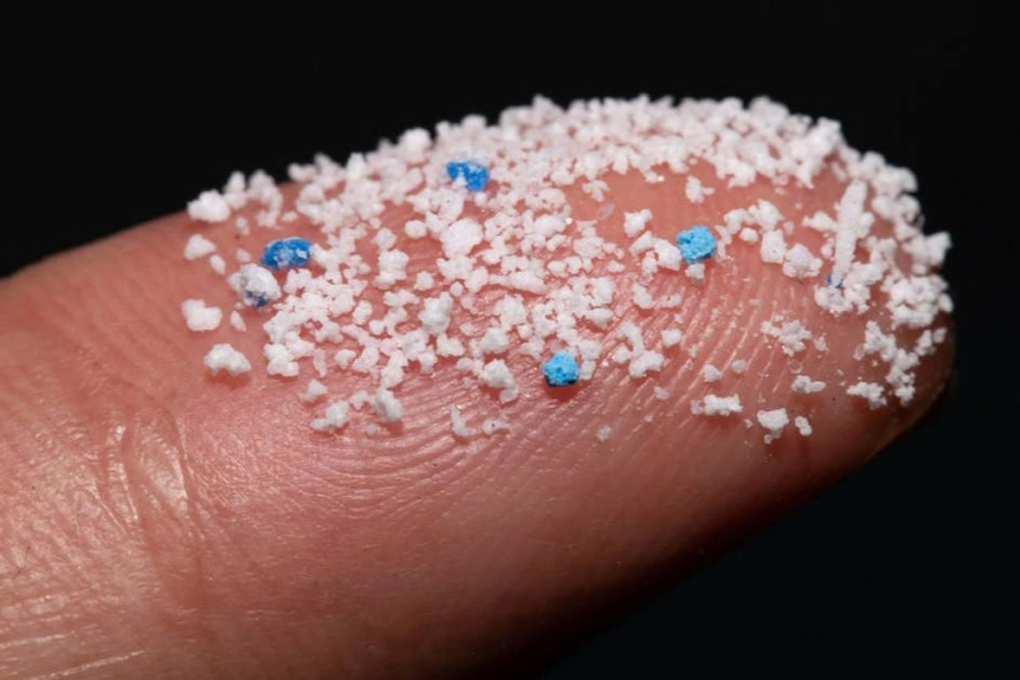
Microplastics can be found in a variety of environments and foods (Photo: Getty).
Microplastics are gradually becoming a global problem, as they can easily enter our bodies in many different ways, especially through food and drink.
Previous studies have shown that microplastics including polystyrene, polyethylene, polypropylene and polyethylene terephthalate exist in the tap water we drink every day in different amounts, depending on the water quality in each area.
Faced with this reality, a group of scientists from Guangzhou Medical University and Jinan University (China) have found a relatively simple and effective method to remove them from drinking water.
It involves a combination of boiling and filtering out any precipitates in the water. This seemingly simple method is incredibly effective in combating microplastics.
According to published research, up to 90% of nanoplastics and microplastics (NMPs) can be removed by boiling and filtering, although the effectiveness will vary depending on the type of water.
From a user perspective, the biggest benefit is that we can do it with what's already in our kitchen.
"Boiling water before drinking is a simple and effective method that has been shown to 'decontaminate' NMP from household tap water and reduce human intake of NMP through water consumption," the researchers stressed.
However, it should be noted that we should still filter the water before drinking, to remove limescale (scientific name: calcium carbonate) after it forms from the boiling process. This water filtering process can be done simply with a tea strainer.
The research team hopes that by popularizing the harmful effects of microplastics and how to remove them, the habit of drinking boiled water may become more popular in the context of plastic waste still being a problem in the world .
Source



![[Photo] General Secretary To Lam visits exhibition of achievements in private economic development](https://vphoto.vietnam.vn/thumb/1200x675/vietnam/resource/IMAGE/2025/5/18/1809dc545f214a86911fe2d2d0fde2e8)
![[Photo] More than 17,000 candidates participate in the 2025 SPT Competency Assessment Test of Hanoi National University of Education](https://vphoto.vietnam.vn/thumb/1200x675/vietnam/resource/IMAGE/2025/5/17/e538d9a1636c407cbb211b314e6303fd)

![[Photo] National conference to disseminate and implement Resolution No. 66-NQ/TW and Resolution No. 68-NQ/TW of the Politburo](https://vphoto.vietnam.vn/thumb/1200x675/vietnam/resource/IMAGE/2025/5/18/adf666b9303a4213998b395b05234b6a)



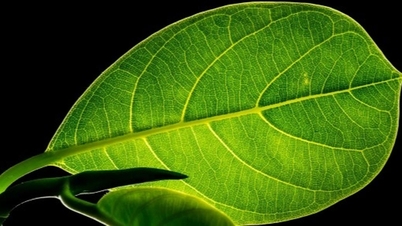




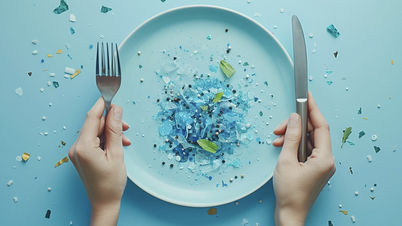
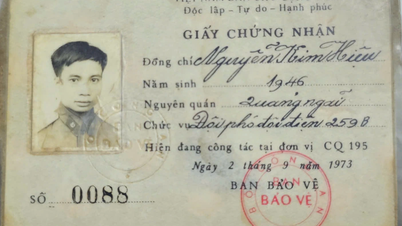














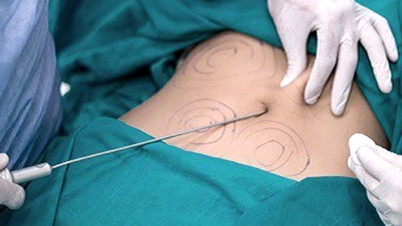
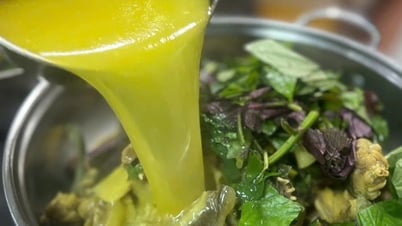


![[Photo] Prime Minister Pham Minh Chinh chairs meeting on science and technology development](https://vphoto.vietnam.vn/thumb/1200x675/vietnam/resource/IMAGE/2025/5/17/ae80dd74c384439789b12013c738a045)

















































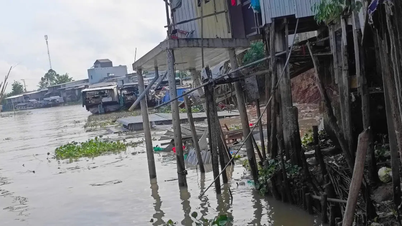












Comment (0)